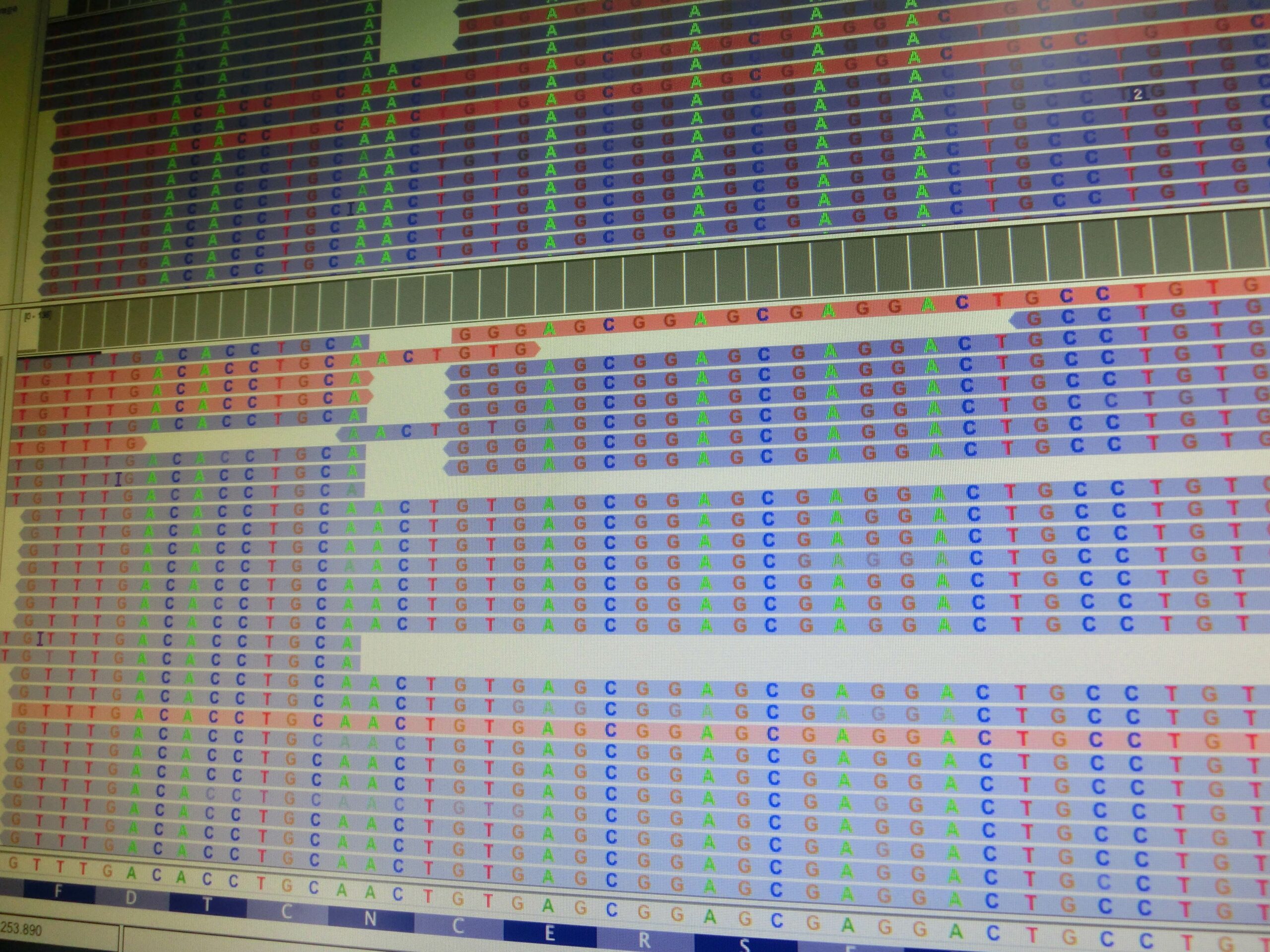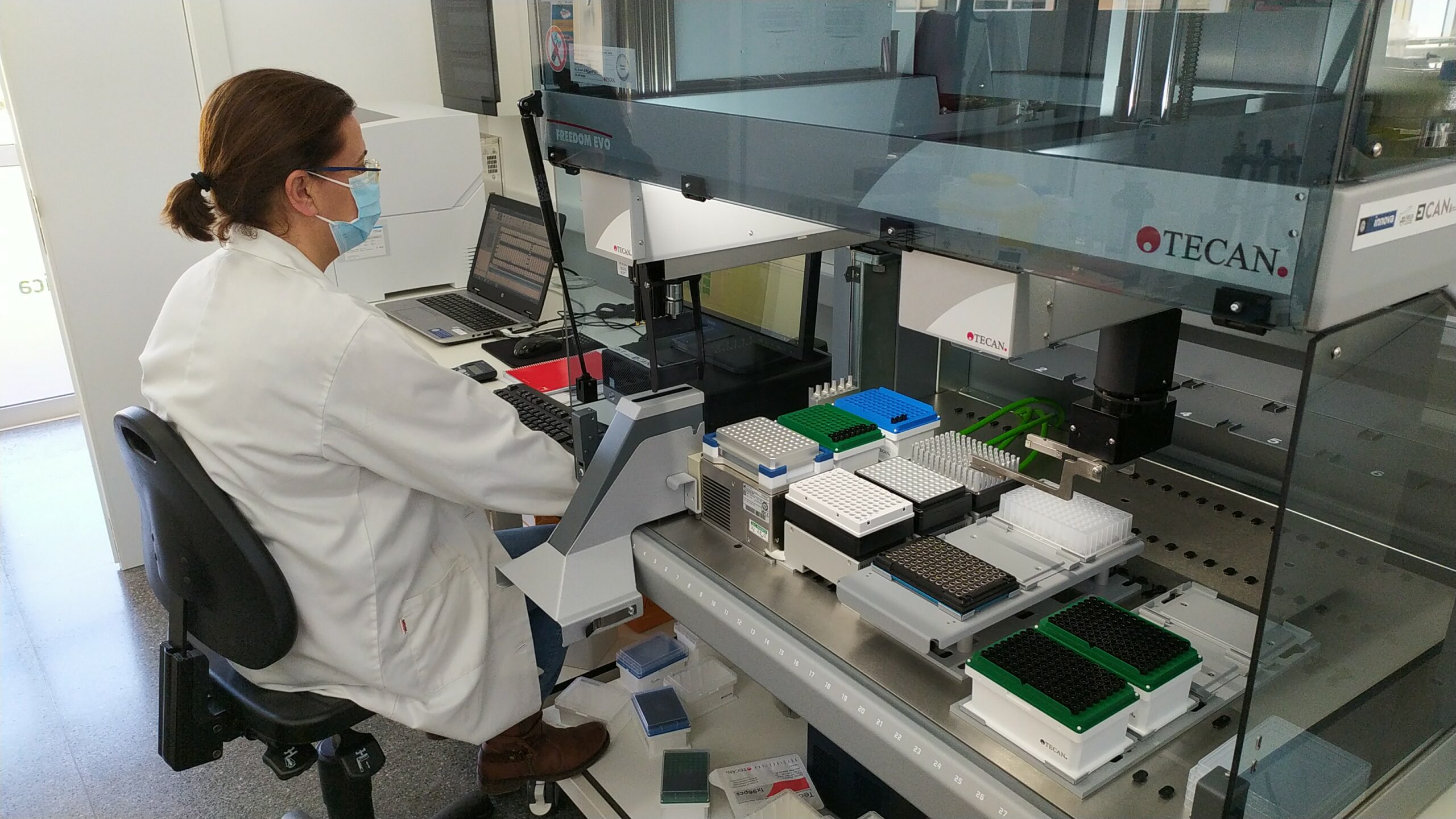This new study, involving the Genomics Area of ITER, has been published in the prestigious scientific journal Nature, shedding light on the genetic architecture of COVID-19.
Researchers from the Genomics Area of the Institute of Technology and Renewable Energies (ITER), under the authority of the Cabildo de Tenerife, have contributed to a study providing new insights into the genetic architecture of COVID-19, influencing its susceptibility and severity.
This investigation was carried out within the framework of the international project COVID-19 Host Genetics Initiative, of which the SCOURGE consortium is a partner. This initiative involves institutions from Spain and Latin America and has received funding from the Carlos III Health Institute. It represents a significant collaborative effort, engaging experts from over 1100 institutions worldwide, including the Genomics Area of ITER, represented by experts Carlos Flores, Jose M. Lorenzo-Salazar, and Rafaela González Montelongo, alongside research teams from the Nuestra Señora de Candelaria University Hospital (HUNSC) and the Canary Islands Health Research Institute Foundation (FIISC).
The study, recently published in the esteemed scientific journal Nature, delves into the genetics of COVID-19 through a genome-wide association study (GWAS), incorporating genomic data from nearly 220,000 COVID-19 patients and over three million controls.
In this new work, 51 genetic factors of the human genome have been identified that are associated with both the severity of COVID-19 and susceptibility to SARS-CoV-2 infection. These genetic factors have revealed valuable information about the disease, pointing to three main biological pathways that determine the susceptibility and severity of COVID-19: virus-cell interaction, respiratory tract defence mechanisms, and type I interferon immune response. Furthermore, the study provides insights into the role of pre-existing chronic conditions in the development of severe illness, facilitating the identification of the most vulnerable populations.
The study addressed three phenotypes through 82 studies from 35 countries, including critical cases (requiring respiratory support or resulting in death; 21,194 cases), hospitalization (49,033 cases), and SARS-CoV-2 infection (219,692 cases). It is worth noting that most of the patient data and samples were collected before the implementation of COVID-19 vaccination programs.
Dr. Carlos Flores, scientific coordinator of the Genomics Area of ITER and researcher at FIISC-HUNSC and the Biomedical Research Networking Centre for Respiratory Diseases (CIBERES), affiliated with the Carlos III Health Institute, emphasized the significance of this study in the fight against the pandemic, stating: «This work provides valuable insights into the genetic factors influencing the severity of COVID-19. Not only does it enhance our understanding of the disease, but we also hope its results will advance the definition of new therapeutic targets and the search for effective global solutions. Furthermore, it is important to highlight the immense coordination effort that this work represents, as it was carried out during the most challenging times of the pandemic, involving activities of several thousand researchers from over 35 countries, adding immense value to the study.»
This latest study represents a significant milestone in comprehending the genetic basis of COVID-19 and underscores the commitment of Canary Islands institutions to cutting-edge scientific research.
Reference to the article:
- The COVID-19 Host Genetics Initiative. A second update on mapping the human genetic architecture of COVID-19. Nature 621, E7–E26 (2023). https://doi.org/10.1038/s41586-023-06355-3


